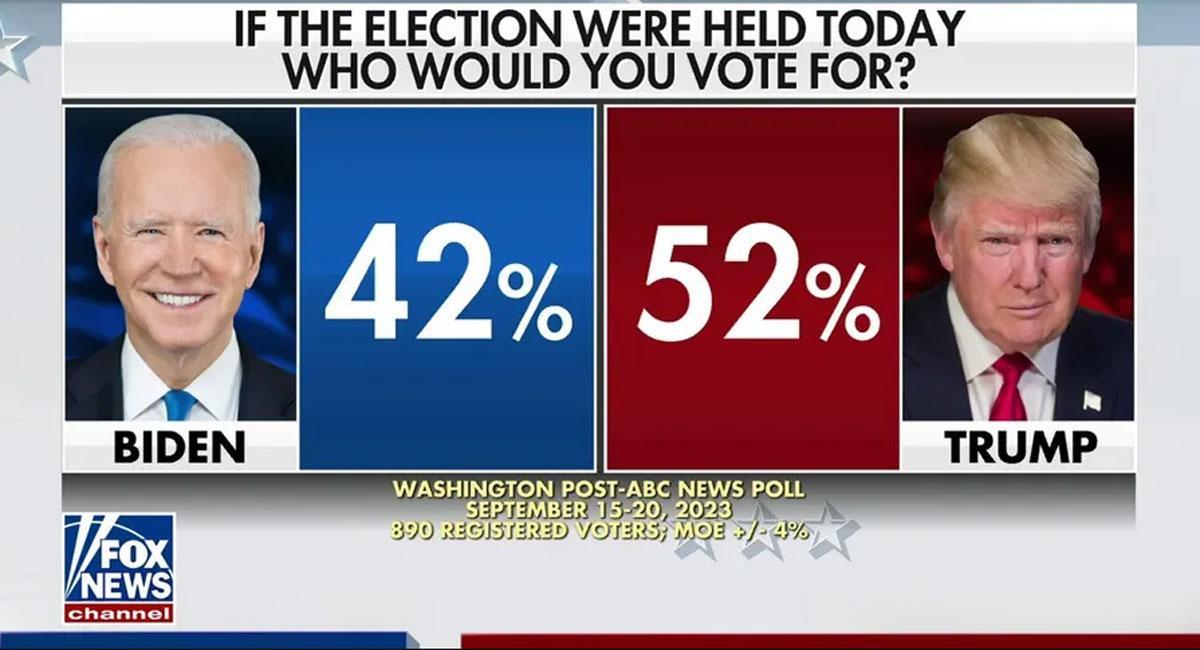Africa-Press – Mauritius. A New York Supreme Court judge made a momentous ruling last Tuesday. Now, let me pause to point out that despite its lofty-sounding title, the New York Supreme Court is actually the lowest trial court in New York State.
That said, the decision by Judge Engoron is a masterpiece of concise and pointed legal reasoning and decision-making. Essentially, the New York judge found Donald Trump and his two sons Donald, Jr.
, and Eric, liable for persistent fraud.
Judge Engoron ruled on a motion for summary judgment brought by New York State Attorney General Letitia James, who brought the case, that Trump, his two sons, Donald, Jr.
, and Eric, and the overarching company known as The Trump Organization, committed persistent business fraud over several years, by knowingly inflating the value of his many properties in seeking financing from banks with the intent of getting more favorable terms on loans, or fraudulently understated values when seeking lower taxation rates.
Since the judge’s ruling, I have been asked two questions by friends: (i) He’s been found guilty of fraud (or he’s been convicted of fraud), will he go to jail?, and (ii) can he still run for President? The answers are (i) No, he has not been found guilty or convicted, this was a civil case, and (ii) sadly, yes, even a fraudster can run for and be elected President if the American people are foolish enough to do that.
How did the New York Supreme Court judge get to his ruling? As mentioned above, this was a civil case. The burden of proof in a civil case is very different from the burden in a criminal case where the prosecutor must prove every element of the crime beyond a reasonable doubt.
In contrast, in a civil case, the standard is proof by a preponderance of the evidence, or, in simpler terms, the proponent of a proposition must prove that it is more likely than not, true.
If a case proceeds to trial, it is up to the jury or the judge to determine what the facts are, which witnesses to believe, and how much weight to give to the testimony of each witness.
The case against Trump and his companies was based mostly on documents and there was, in general, no dispute about the facts stated in the documents. The rules of the court allow a party, either the plaintiff or defendant, in cases where the facts are undisputed, to ask the judge to apply the law and enter judgment.
This is true even in jury cases, i. e. , if the facts are undisputed, there is nothing for the jury to decide and since the judge determines what the law states, he/she can decide the outcome.
Repeated and persistent fraud
In this case, the Office of the Attorney General of the State of New York contended that Trump, his sons, and the various business entities operating under the overarching name “The Trump Organization” committed repeated and persistent fraud by preparing, certifying, and submitting to lenders (banks) and insurers false and misleading financial statements in violation of the New York Executive Law.
That law provides, in relevant part that when a person or entity engages in repeated fraudulent or illegal acts or persistent fraud or illegality in conducting business, the Attorney General may apply for an order prohibiting the continuance of such business activity or of any fraudulent or illegal acts.
In addition, the Attorney General is authorized to seek an order directing restitution and damages and, in an appropriate case, cancelling any certificate authorizing the business to operate in the state of New York.
The word “fraud” or “fraudulent” as used in the statute is extremely broad and includes any device, scheme or artifice to defraud and any deception, misrepresentation, concealment, suppression, false pretense, false promise or unconscionable contractual provisions.
The term “persistent fraud” or “illegality” as used in the statute includes continuance or carrying on of any fraudulent or illegal act or conduct. The term “repeated” as used includes repetition of any separate and distinct fraudulent or illegal act or conduct which affects more than one person.
As might be expected, the Attorney General is authorized to investigate and to issue subpoenas to obtain documents and testimony. In this case, the Attorney General did obtain documents not only from The Trump Organization, but from banks and insurers.
The judge ruled that the undisputed facts showed that Trump committed years of business fraud by intentionally and knowingly inflating the value of properties to banks so that he could receive loans with more favorable terms. His sons, Donald Jr. and Eric, as well as various companies operating under the name of the Trump Organization were also found liable.
For More News And Analysis About Mauritius Follow Africa-Press







